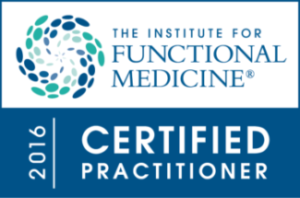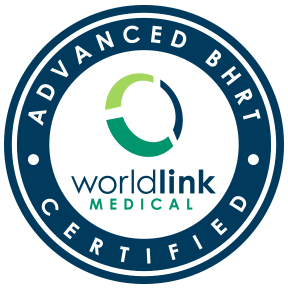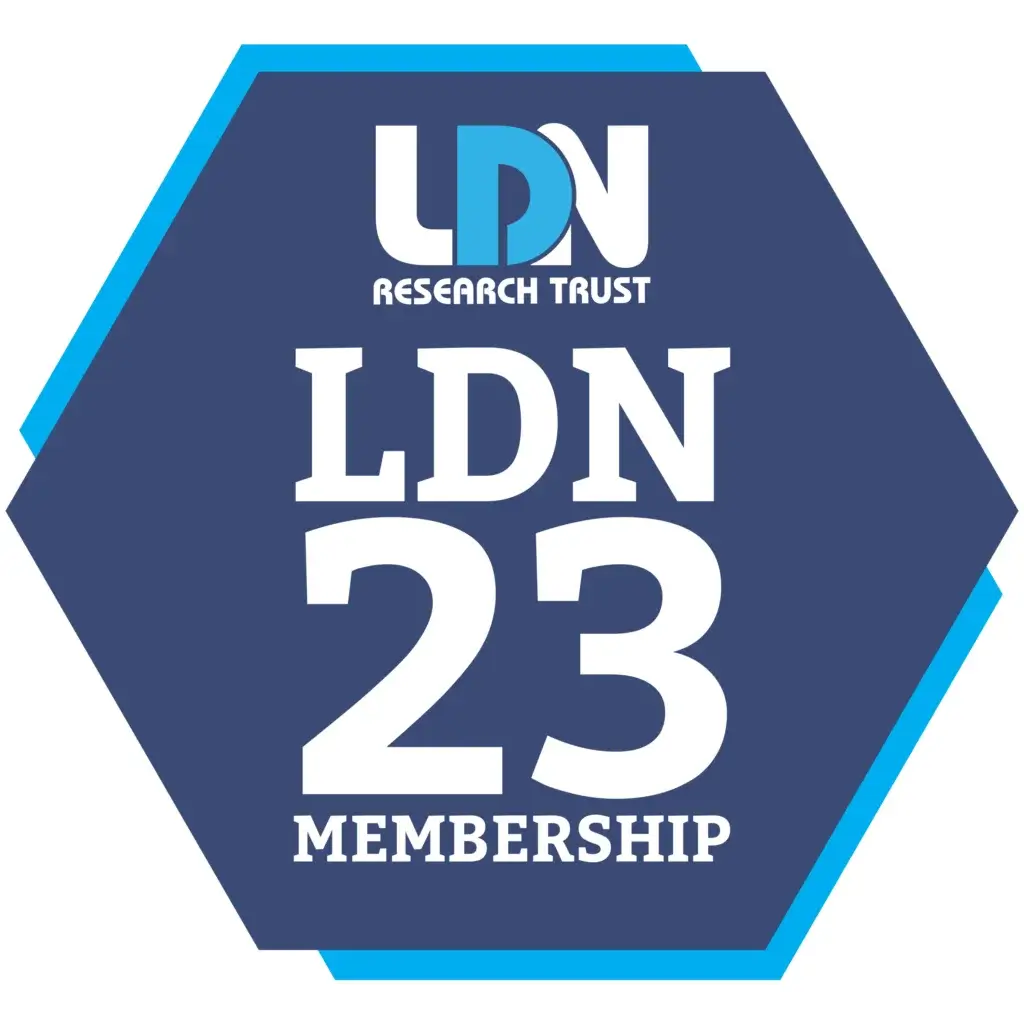I wish I had a dollar for every time a client stated, “If only I had more willpower I would not have a weight problem” or for when they asked me for a medication to decrease their appetite. First of all, realize that there is NO such thing as willpower. Willpower is nonexistent, and the belief that willpower is necessary for weight loss will always lead to failure. Instead of willpower, what is needed is a “willingness” to consider new ideas and methods.
For the purposes of weight loss and weight management, the food we eat has two distinct roles:
- control of body fat (with the proper calories “in” and calories “out”)
and
- control of appetite
I won’t go into too much detail here about this first distinct role food has for the purposes of weight loss and weight management, as I have discussed this at length in my book, “Prescription Detox: How Our Allegiance to Big Pharma Makes Us Sicker and How You Can Heal Without Meds.”
Instead, the purpose of this article is too briefly explore “how WHAT we bathe our cells with controls our appetite” and ultimately our
success or failure at losing weight. Keep in mind that appetite is not the same as hunger. Our appetite, or the desire to satisfy both the physiological need for food, as well as to experience the pleasure from food, is controlled by signals in our brain. Can we control these signals, and therefore our appetite? ABSOLUTELY! And I don’t mean with the pills and potions you find at the corner vitamin/supplement store or with weight loss medications.
The food we eat is what provides the nutrients that bathe every living cell, including the cells that control our appetite. Our appetite then, is simply a matter of chemicals manufactured within the brain cells, and these chemicals are manufactured from the foods in the diet. If you want to better control the impulses that control your appetite, then you have to learn how and when to eat the proper foods. So, you see, although calorie intake is hugely important in weight management, the foods we choose have much more significance than calorie intake alone, hence, a well-balanced diet that includes fruits, vegetables, whole-grains, protein, fiber, and minimizing processed & poorly-prepared foods is the best way to control our appetite.
Some of the chemicals affecting appetite can also affect our mood. Therefore, our diet can change our attitude about eating, and the way we feel about ourselves. Having the right “attitude” about trying new things is also very important for weight loss. The brain chemicals that control appetite (and mood) DO respond to lifestyle, behavioral and environmental changes.
 The hardest thing, of course, about decreasing our appetite and choosing the foods that will help change our attitude about eating, that will ultimately lead to weight loss, is getting started. You may not even want to take the first step because you are not yet programmed with the right attitude, because you are not yet programmed with the right diet. It’s like the “chicken and the egg,” scenario. Which came first, the chicken or the egg?
The hardest thing, of course, about decreasing our appetite and choosing the foods that will help change our attitude about eating, that will ultimately lead to weight loss, is getting started. You may not even want to take the first step because you are not yet programmed with the right attitude, because you are not yet programmed with the right diet. It’s like the “chicken and the egg,” scenario. Which came first, the chicken or the egg?
Bottom line: As the Nike® slogan says: “Just DO IT!” There are some things in life that we just have to do,  whether we like to do them or not. If we don’t do something now to begin living a healthier life, we will be paying for it years later down the road. We will then be doing things that we don’t want to do, like weekly trips to our healthcare
whether we like to do them or not. If we don’t do something now to begin living a healthier life, we will be paying for it years later down the road. We will then be doing things that we don’t want to do, like weekly trips to our healthcare
provider, taking medications that may cause side effects, missing quality time with our family because we are too weak, too tired, or too much in pain to participate, and so on. We don’t need to make changes in our diets all at once. Rome wasn’t built in a day. Start with something simple, such as eating breakfast once a week if you are not a breakfast eater, or ordering a salad instead of fries. One step at a time is good enough!








